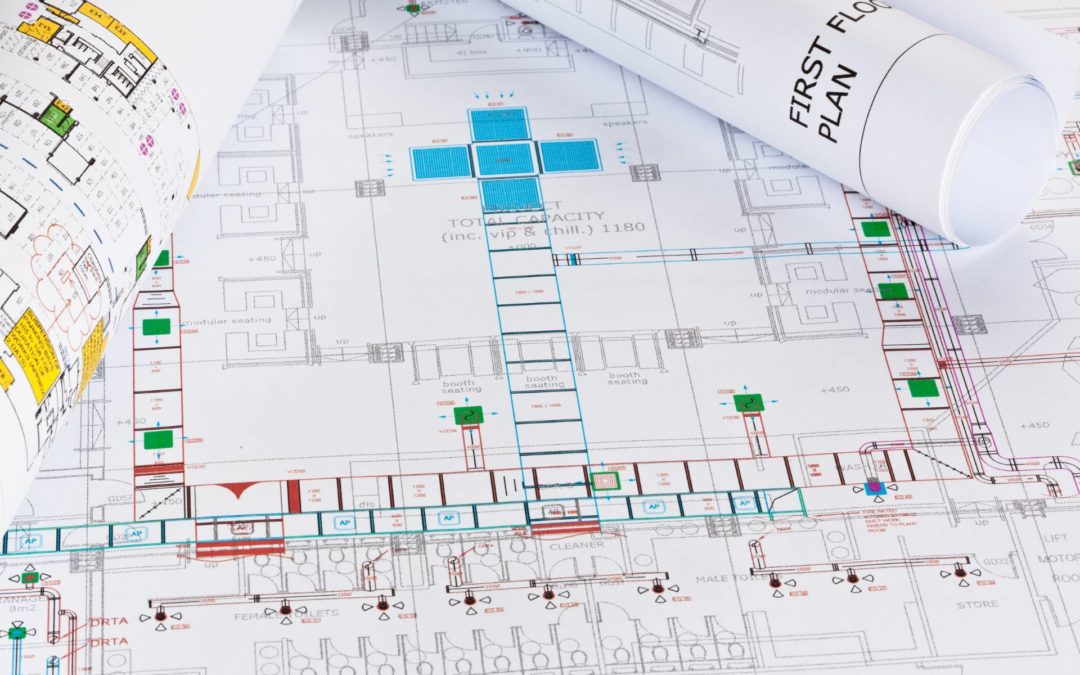Proper HVAC (Heating, Ventilation, and Air Conditioning) design and implementation are crucial for several reasons:
- Comfort: HVAC systems ensure comfort by regulating building temperature, humidity, and air quality. Proper design considers factors such as room size, occupancy, and local climate to maintain optimal comfort levels.
- Energy Efficiency: Well-designed HVAC systems can significantly reduce energy consumption and operating costs. This includes selecting energy-efficient equipment, optimizing system layout, and incorporating features like zoning and programmable thermostats.
- Indoor Air Quality (IAQ): A properly designed HVAC system helps maintain healthy indoor air quality by controlling pollutants such as dust, pollen, mold, and volatile organic compounds (VOCs). Adequate ventilation and filtration are essential components of IAQ management.
- Health and Safety: HVAC systems are essential for maintaining a safe and healthy indoor environment. Proper ventilation helps to dilute and remove contaminants, such as airborne viruses and bacteria, reducing the risk of illness and improving the well-being of occupants.
- Moisture Control: Effective HVAC design prevents moisture buildup, leading to mold growth, structural damage, and indoor air quality problems. Proper sizing, insulation, and ventilation help manage humidity levels and prevent condensation.
- Equipment Longevity: A well-designed HVAC system operates more efficiently, experiences less wear and tear, and leads to extended equipment lifespan and reduced maintenance costs. Proper installation and regular maintenance further contribute to equipment longevity.
- Environmental Impact: Energy-efficient HVAC systems reduce greenhouse gas emissions and environmental impact by minimizing energy consumption and reliance on fossil fuels. Additionally, proper refrigerant management helps prevent ozone depletion and global warming.
- Regulatory Compliance: HVAC design and installation must meet building codes and standards to ensure safety, energy efficiency, and environmental protection.
- Cost Savings: Although the initial costs of implementing proper HVAC design may be higher, the long-term benefits often outweigh the upfront investment. Energy savings, reduced maintenance expenses, improved occupant productivity, and fewer health-related issues all contribute to overall cost savings.
- Resilience: A well-designed HVAC system enhances building resilience by providing reliable heating, cooling, and ventilation under various conditions, including extreme weather events or power outages. Redundancy, backup systems, and smart control strategies contribute to system reliability and resilience.
In summary, proper HVAC design and implementation ensure comfort, energy efficiency, indoor air quality, health and safety, moisture control, equipment longevity, environmental responsibility, regulatory compliance, cost savings, and building resilience. Investing in a well-designed HVAC system pays off in terms of occupant satisfaction, operational efficiency, and long-term sustainability.
Contact NAIPL, experts in HVAC design and implementation with decades of experience. Contact us at 98854 98854 or visit our website to learn more about our products and services.

